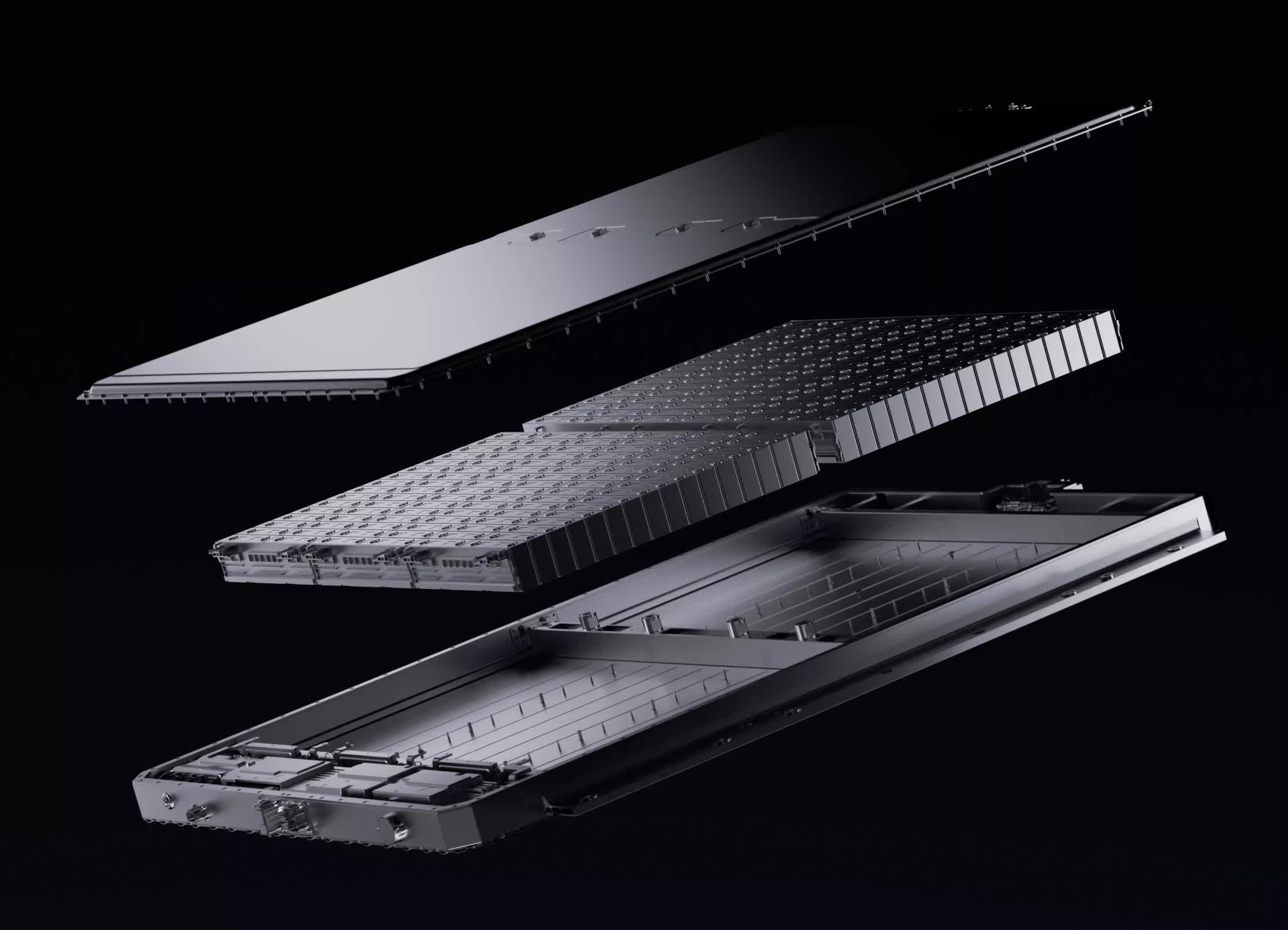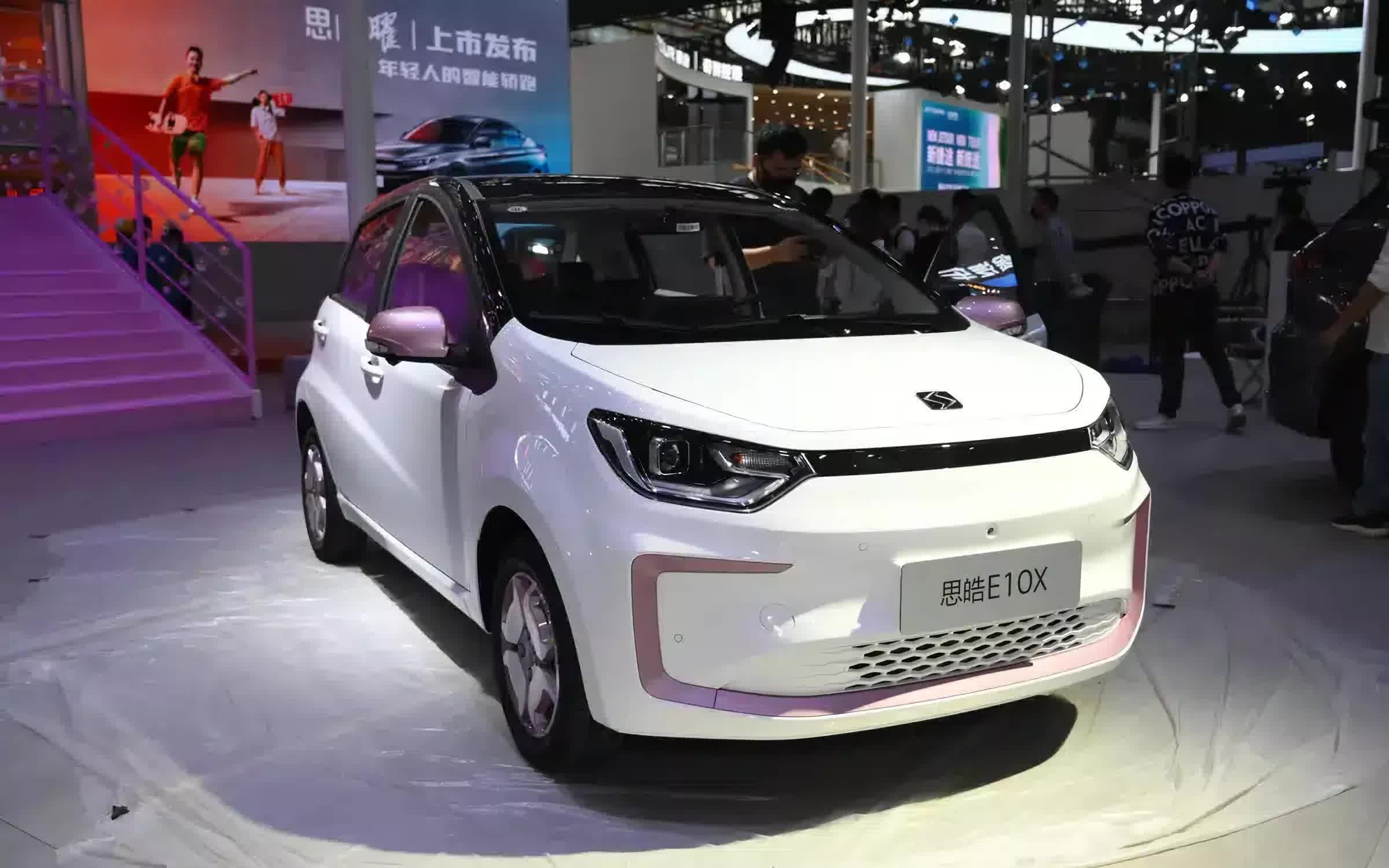In brief: A team from the University of Chicago's Pritzker School of Molecular Engineering may have cracked the code on a new lithium extraction method that's both more efficient and environmentally friendly than current techniques. Their approach could ultimately make lithium – and therefore EV batteries – much more affordable and accessible.

Electric car sales are experiencing a slump in most regions except China. A significant factor contributing to this decline is the high cost of lithium-ion batteries, which are essential for every model. The expense of these batteries is largely due to the complicated and resource-intensive process of extracting lithium.
Here's the issue with how we get lithium today: The two primary methods, ore mining and brine extraction, have major drawbacks. Ore mining requires intensive surveying, heavy machinery that scars the landscape, and complex chemical processing. Brine extraction is less ecologically damaging upfront but guzzles staggering amounts of water.
Both approaches also require mining sources with extremely high natural lithium concentrations, limiting viable deposits to just a few countries. Countries like the US have had to heavily rely on pricey lithium imports as a result.
The Chicago researchers' new technique completely sidesteps these limitations. By targeting lithium's unique electrochemical properties, their process can extract the mineral from sources as diluted as seawater that were previously considered useless on a commercial scale.

"Our method allows the efficient extraction of the mineral from very dilute liquids, which can greatly broaden the potential sources of lithium," said Chong Liu, an assistant professor involved in the work.
The technical details of this technique are pretty complex, as explained in a study published in Nature Communications. But as dumbed down by The Independent, their approach basically works like a lithium-trapping sponge that soaks up the mineral from low-concentration sources using its electrochemical properties.
The new lithium extraction technique matters because it opens up a vastly larger pool of viable lithium sources in the US and abroad. That could help cut reliance on pricey lithium imports and insulate the country from supply chain disruptions.
Domestically-sourced and processed lithium could also put downward pricing pressure on EV battery production costs. Those savings may eventually be passed onto consumers in the form of cheaper electric cars and trucks.
The researchers are hopeful their work lights a fire under further lithium R&D efforts to get the new approach ready for commercial deployment.
At the same time, efforts are underway to cut down the dependency on lithium entirely. Earlier this year, Microsoft collaborated with the Department of Energy's Pacific Northwest National Laboratory (PNNL) to discover a new material that could alleviate (if not replace) reliance on lithium in the production of rechargeable batteries. Researchers are also attempting to double the life of Li-ion batteries with alternative charging solutions.
As EV sales slump, a breakthrough lithium extraction method could turbocharge the industry